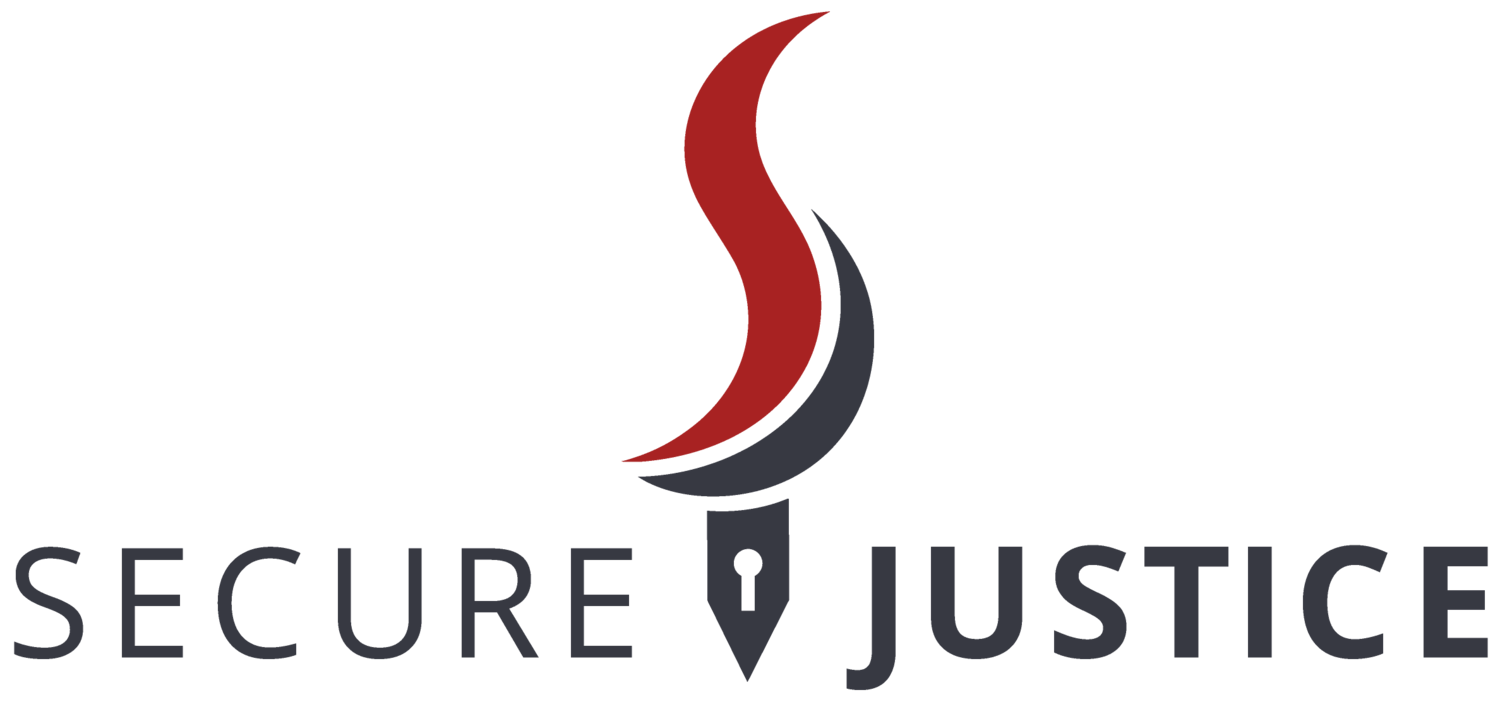Secure Justice v. City of Oakland
A word to the wise - if you receive a demand letter from Secure Justice, take it seriously. To date, we’ve succeeded with 100% of our lawsuits and recovered our attorney fees and court costs. We never rush to court, and have even offered win-win proposals because we truly value compliance and adherence to the law rather than “gotcha” victories. However, some jurisdictions (like our forthcoming lawsuit target) just won’t take Yes for an answer, and in those instances we will pursue court relief to hold our governments accountable.
On October 24, 2023, Secure Justice entered into a settlement agreement with the City of Oakland. In addition to the police department now taking its legal obligations seriously, what did we achieve with our lawsuit?
1. Stingrays/cell site simulators in Oakland are dead. These devices triangulate cellphones locations, with a signal strength sufficient to penetrate walls to locate a suspect phone (presumably with the individual) inside a building.
2. The Domain Awareness Center (DAC) is dead. Today, this would be called a real-time crime center. Most forget that a dramatically scaled-back DAC actually survived the March 4, 2014 vote, which is why the predecessor Ad Hoc Privacy Commission was created - to craft a privacy policy for the DAC-lite. That process lead to the creation of the nation’s first standing Privacy Advisory Commission. There are now at least 3 municipal privacy commissions in operation - Oakland, San Diego, and Chula Vista. Others have been approved outside of California but are not yet operational.
Although the DAC practically died in 2015 when the money to support its operation was withdrawn by the Port of Oakland which provided the funds, authorization to operate was unanimously given by the City Council with adoption of the use policy on June 2, 2015, and the DAC could have been used at any time since. Sometimes, we have to play the really long game.
3. OPD has been illegally and quietly retaining Automated License Plate Reader (ALPR) data for 2 years - despite all previous versions of the ALPR policy retention periods being shorter in length. Now, all historical ALPR data in Oakland’s possession beyond the operative ALPR policy’s 30 day retention has been deleted.
4. There are additional “perform as required” victories - no more unlawful sharing of ALPR data with out of state and federal agencies, which violated state law; no more direct login access by third parties to ShotSpotter system, which violated the surveillance ordinance and corresponding use policy; submission of proposed use policies for pre-existing technologies that don’t yet have an approved policy has begun, like Cellebrite; audits will be performed; and public records were produced in response to our outstanding requests.
5. Recovered our $30K in attorneys fees and court costs.
For the record, on May 18, 2021, Secure Justice offered to waive 100% of its claims pre-lawsuit if OPD would simply publicly acknowledge a negotiated list of its wrongdoing, and cure or perform as necessary. OPD replied by stating they had not violated any law or policy. With multiple attorneys on their end, staff and elected time, their current salaries and the time they collectively spent curing and performing - it is certain that the City of Oakland will spend over $100,000 in doing what they should have done the first time, without having to defend against our lawsuit. Secure Justice filed its claims in September 2021. We gave them more than sufficient time to cure. The settlement agreement will be public (an acknowledgment of sorts) as are their “cure or perform” actions. Stated simply, the City of Oakland didn’t gain anything by their strategy of complete denial.
Oakland taxpayers should demand to know why their city attorneys and elected leaders rejected a get-out-of-jail free card and instead spent money that Oakland does not have as it faces historic budget deficits.
Read our original lawsuit post here.
We want to give heartfelt thanks to our wonderful attorney, Mitchell Chyette.
As our previous lawsuits have quickly settled, we did not anticipate that Oakland would drag their feet for 2+ years, only to finally concede the inevitable. Mitchell’s expertise in guiding us through various standing and other pleading challenges was greatly appreciated, and we look forward to working with him in the future.
If you’re curious as to how a Privacy Commission can operate when all stakeholders are acting in good-faith, Oakland’s most recent meeting was one of the most collegial, cooperative, and substantive in discussion with its police department, about one of the most controversial technologies in use. Cellebrite is a data extraction tool used on cellphones, and incredibly invasive. Cellebrite is the sole review item on the agenda. Watch the video here. (about an hour of discussion). Our litigation has changed behavior and improved work product.

